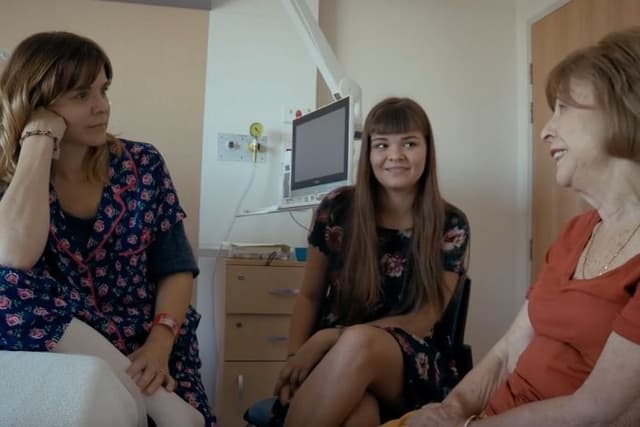
Dying to Live - Introduction to Organ and Tissue Donation
Lesson2 of 6 in this unit
SecondaryYear 9 - 10EnglishReadingSocialDisabilityEqualityMental HealthPhysical Health
Summary
Lesson Guides and Printables
Lesson Plan

Student Worksheet

Teacher Content Info
